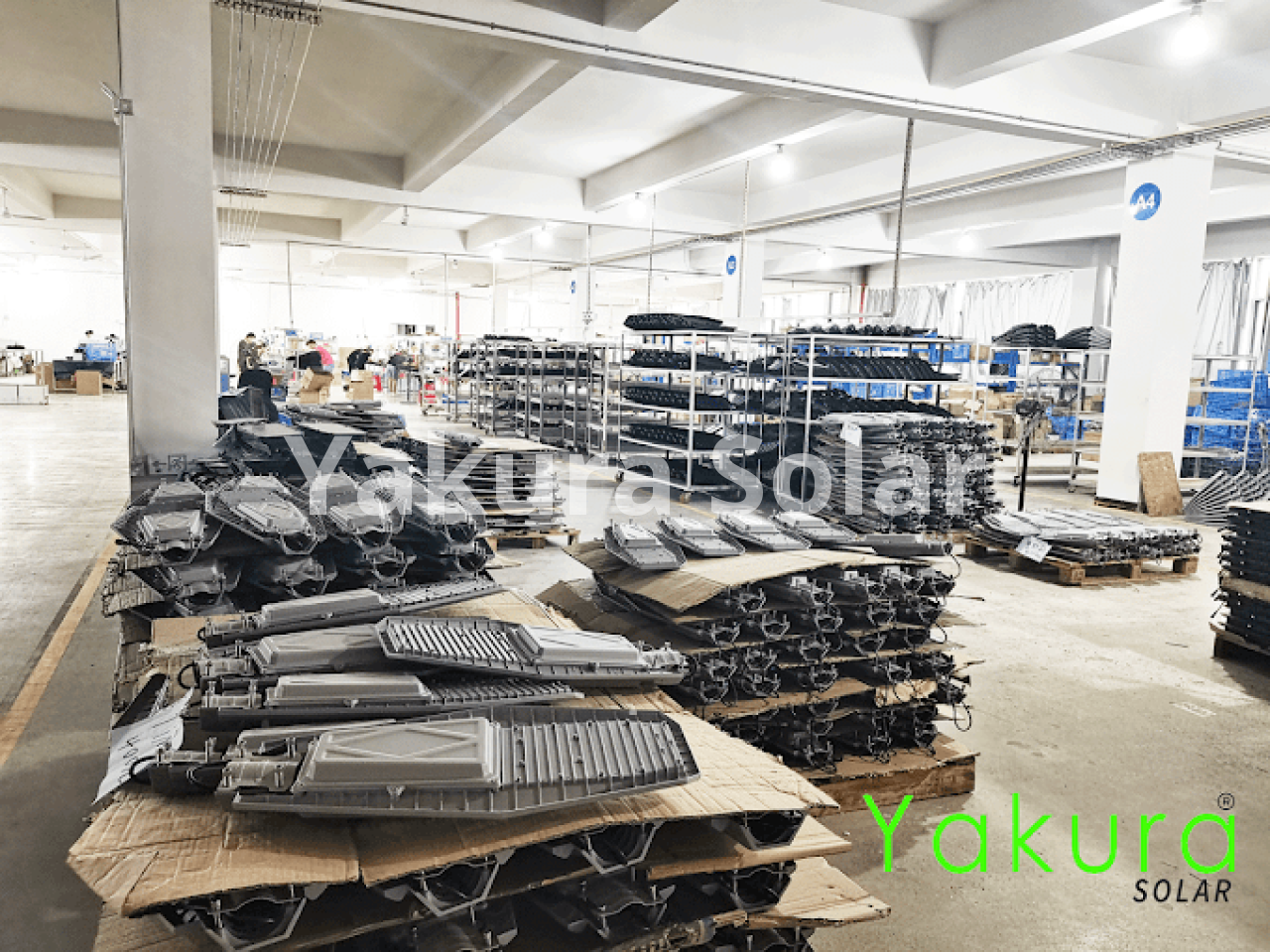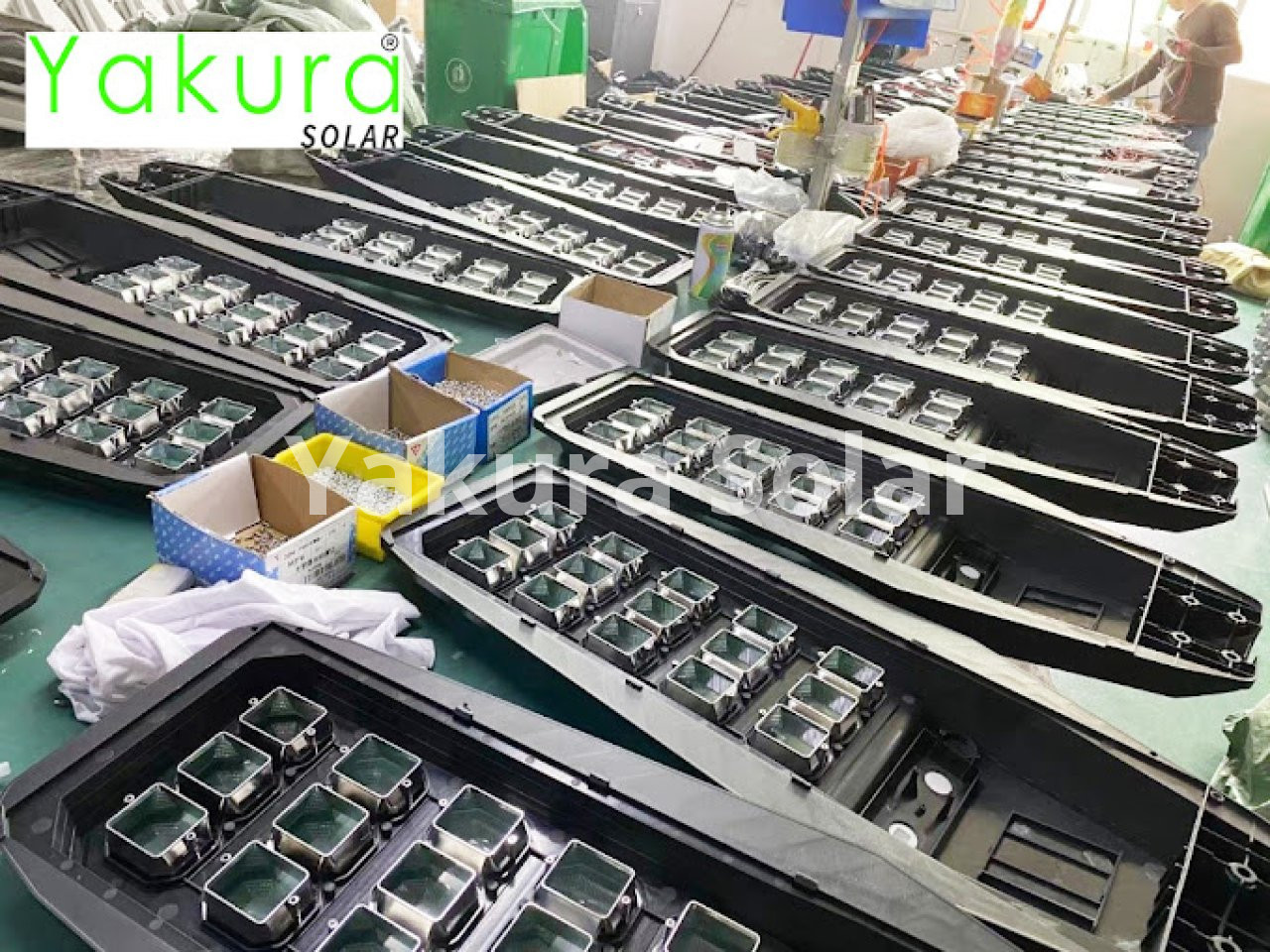Solar Projects in Gadag
YAKURA SOLAR PROJECT
-
Site Selection:
- Solar Resource Assessment: Choose locations with high solar irradiance. Conduct a thorough assessment of the solar resource at the project site to ensure optimal energy production.
- Shading Analysis: Minimize shading from surrounding structures, vegetation, or other obstacles.

-
Feasibility Study:
- Economic Viability: Assess the financial feasibility of the project, considering factors like the cost of equipment, installation, maintenance, and potential revenue from energy generation.
- Regulatory Compliance: Ensure compliance with local regulations, permits, and interconnection requirements.
-
Technology Selection:
- Solar Panels: Choose high-quality solar panels that suit the project's requirements. Consider factors such as efficiency, durability, and warranty.
- Inverters: Select efficient and reliable inverters to convert DC power generated by solar panels into usable AC power.

-
System Design:
- Optimal Configuration: Design the solar array layout for maximum energy production, considering factors such as tilt, orientation, and spacing between panels.
- Energy Storage (if applicable): Evaluate the need for energy storage solutions like batteries to store excess energy for later use.
-
Budgeting and Financing:
- Cost Estimation: Develop a detailed budget that includes all project costs, from equipment and installation to permitting and ongoing maintenance.
- Financing Options: Explore financing options, including government incentives, grants, tax credits, and private financing.
-
Installation and Construction:
- Experienced Contractors: Hire experienced and reputable contractors for the installation to ensure proper execution.
- Quality Assurance: Implement a robust quality assurance and control process during the construction phase.
-
Monitoring and Maintenance:
- Monitoring Systems: Install monitoring systems to track the performance of the solar array in real-time.
- Routine Maintenance: Establish a routine maintenance schedule to ensure the system operates efficiently over its lifespan.
-
Community and Stakeholder Engagement:
- Communication: Keep the local community and stakeholders informed about the project, addressing any concerns and fostering positive relationships


